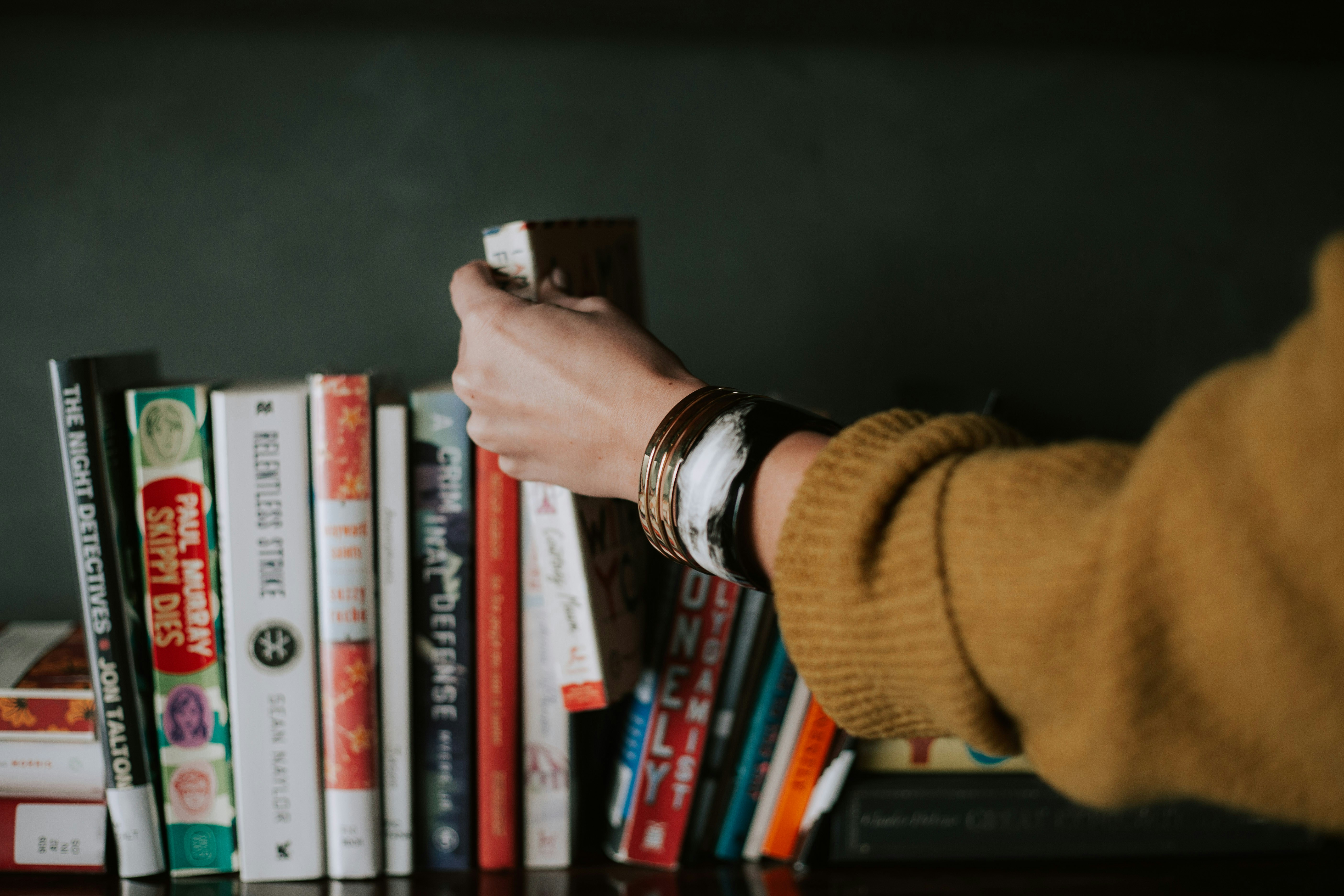
Some of the largest intergenerational, interracial, intercultural, intercontinental injustices are bubbling to the surface during these unprecedented times of COVID-19 that call for collective action and change, but how can we collaborate if we are all on different pages of different (metaphorical) books?
“Alone we can do so little; together we can do so much” ― Helen Keller
The idea for this group sprang from a graduate seminar on social justice, inclusion, and equity in international education, thank you, Professor Wick. One of the barriers that I perceived to our collaboration as a group was that because we were all at different stages of understanding, had different experiences, and held different perspectives about social justice, we didn't know how to navigate these differences in our communication.
Now, more than ever, addressing the dilemma of miscommunication is essential to fostering change. One solution could be to even the playing field, or to realize what we don't know, see that we all have something to learn and unlearn, and to intentionally educate ourselves in the face of silence, misunderstanding, and complacency. In other words, it is time for us to take responsibility for educating ourselves, to actively share the burden of effective societal change, and to pursue action.
This group is for life-long learners, scholars, and practitioners who are seeking to be held accountable to engage intentionally with social justice content and to develop the ability to speak about related concepts with others.
This group is intentionally designed as an accountability group to replicate professional and social settings where not everyone in the room has read or seen the same material.
This group also aims to support learning preferences, accessibility, and epistemic justice by validating all forms of content; academic articles, books, grey literature, social media, podcasts, films, clips, interviews, etc. as valid sources of learning that can add value to one's education about social justice.
This group aims to maintain relational dynamics based on Frierian pedagogy by challenging dichotomous power roles of leaders and members, or teacher and students
